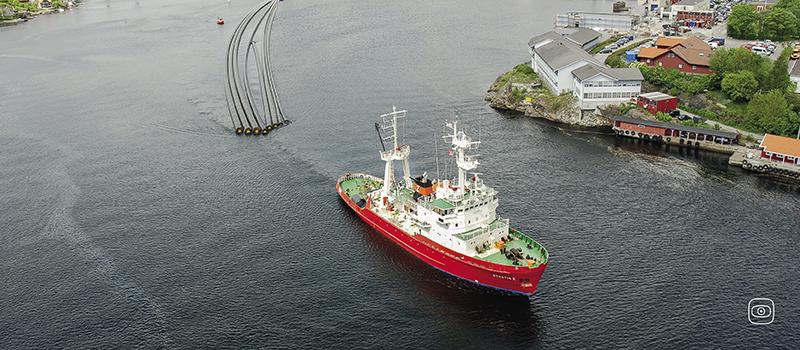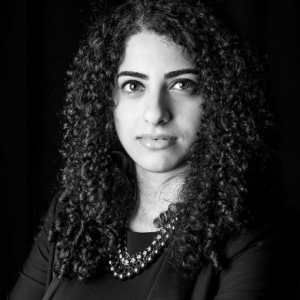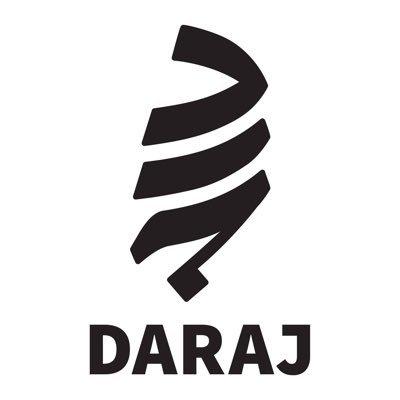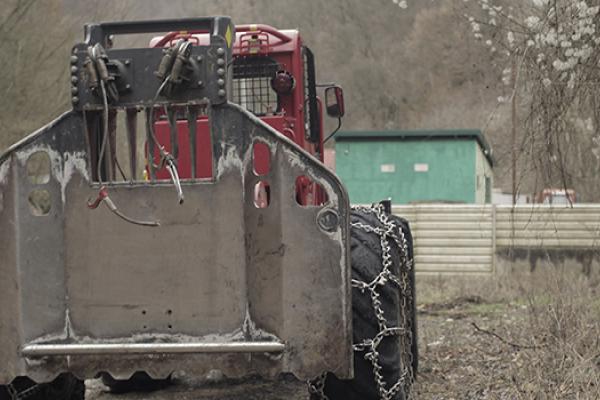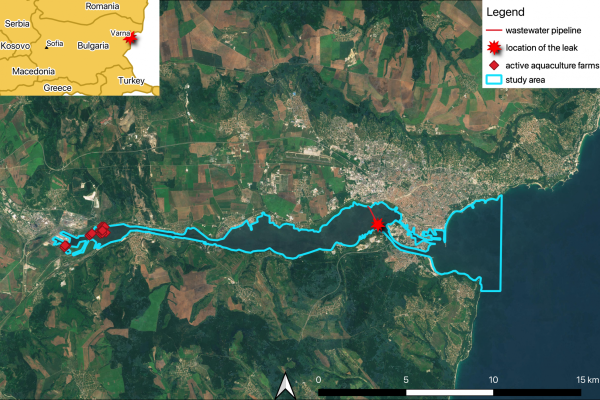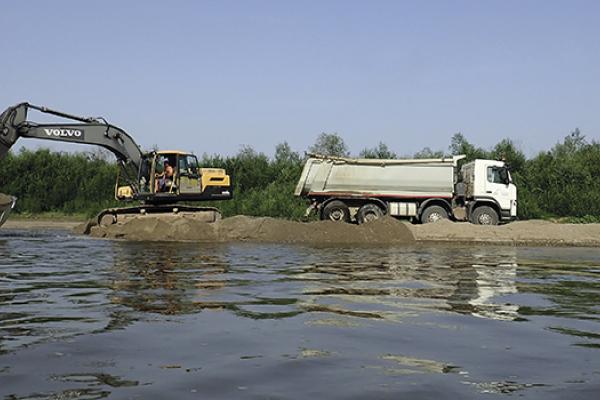Just a few metres away from Tripoli's bustling vegetable market lies the sprawling wastewater treatment facility – the largest in Lebanon and one of the largest on the Mediterranean coast. Despite around 120 million euros being invested, and twenty years having passed since work commenced and was completed, the facility continues to operate at minimum capacity due to a shortage of wastewater inflow and incomplete connections. While the Tripoli facility does safeguard the shoreline, it fails to protect the sea, falling short of both EU and Lebanese aspirations.
The ambitious project, funded by a loan from the European Investment Bank (EIB), aimed to improve the lives of nearly one million Tripoli residents and their access to sanitation services by introducing an advanced wastewater treatment facility. The facility was expected to significantly reduce water pollution in northern Lebanon. However, two decades later, the project has not realised its intended objectives, having encountered numerous setbacks, including the outbreak of the financial and political crisis in Lebanon in October 2019 and the involvement of dubious contractors.
